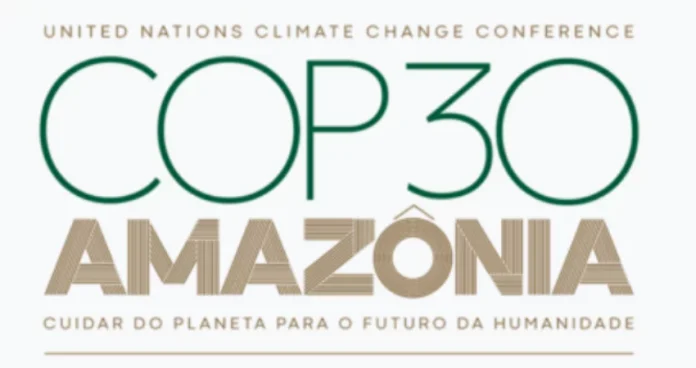With just weeks until they depart for Brazil, Te Kāhu Pōkere — the first iwi-mandated Māori youth delegation to attend the United Nations Climate Change Conference (COP30) — will gather for their final wānanga in Pōneke next week.
Te Kāhu Pōkere has been developed under Pou Take Āhuarangi, the Climate Change Pou of the National Iwi Chairs Forum (NICF). This Pou provides a platform for iwi collaboration and leadership across climate policy, advocacy and action across Aotearoa.
Chaired by Marama Royal (Ngāti Whātua Ōrākei Tiawahine), Pou Take Āhuarangi has developed Te Kāhu Pōkere to grow rangatahi Māori leadership, creating opportunities for them to stand for iwi Māori in global spaces like COP30.
“Our journey is about more than attending COP30,” says delegate Kyla Campbell-Kamariera (Te Rarawa). “It’s about ensuring Māori and Indigenous leadership is recognised as essential to global climate solutions.”
At COP30, Te Kāhu Pōkere will join Indigenous and Pacific nations in advancing just and equitable climate action — guided by Indigenous knowledge and the personhood of te taiao. Their presence is timely as Australia and the Pacific bid to host COP31, a region most at risk from climate change.
The delegation’s name, Te Kāhu Pōkere, gifted by Ngāti Whātua Ōrākei, acknowledges their ancestral kaitiaki — the black hawk, a fierce protector of Tāmaki.
Guided by Chair Marama Royal’s vision, it reflects the rōpū’s role as protectors and advocates for the wellbeing of their whenua, wai, and mokopuna.
Final Wānanga – Pōneke, 16–17 October
This week’s wānanga will bring together the delegation from across the motu to refine their position statement, strengthen their collective message, and connect with leaders ahead of their international journey to Belém, Brazil this November.
Media are invited to attend parts of the wānanga or to arrange interviews with delegates representing iwi from across Aotearoa. Each delegate carries unique tribal aspirations and local climate priorities — from freshwater restoration to food sovereignty and community resilience.
“We want iwi radio and Māori media to help amplify these voices before we go,” says Te Rina Porou (Ngāti Tūwharetoa, Ngāti Porou). “Every delegate represents their rohe, and we’d love to see those kōrero shared back home.”
Meet the Delegation
Harris Moana – Waikato-Tainui, Ngāti Maniapoto
Kyla Campbell-Kamariera – Te Rarawa
Taane Aruka Te Aho – Waikato-Tainui, Te Aitanga-a-Māhaki
Aaria Rolleston – Ngāi Tahu
Macy Duxfield – Ngā Rauru
Waimarama Hawke – Ngāti Whātua Ōrākei
Te Rina Porou – Ngāti Tūwharetoa, Ngāti Porou, Te Aitanga-a-Māhaki, Te Atihaunui a Pāpārangi, Ngāti Pāhauwera, Ngāti Apakura
Tahua Pihema – Te Aitanga-a-Māhaki, Ngāti Whātua Nui Tonu
Shannon Mihaere – Rangitāne Tamaki Nui-ā-Rua, Ngāti Porou


